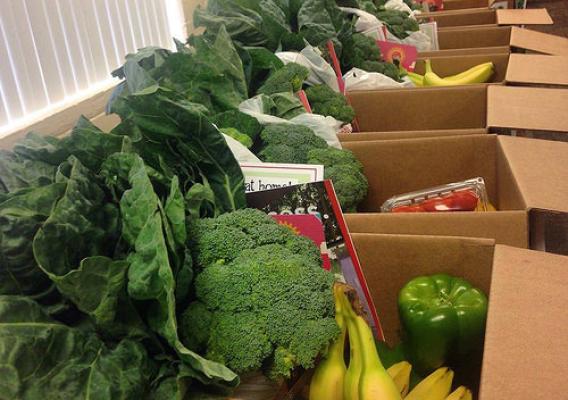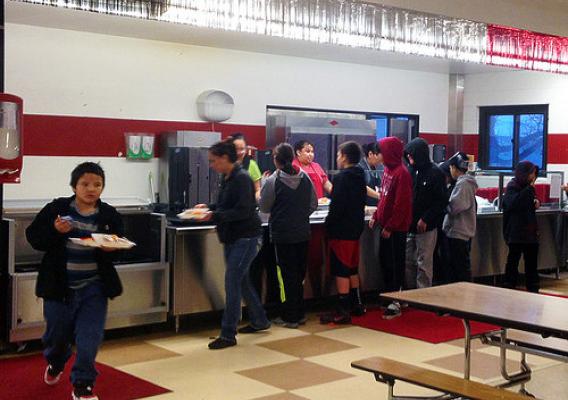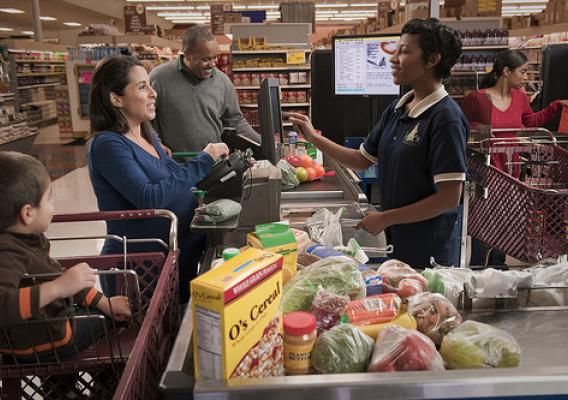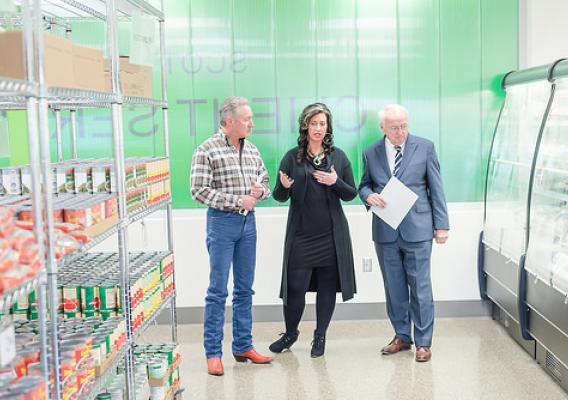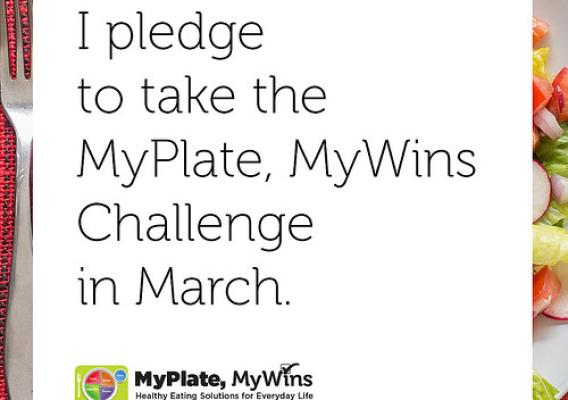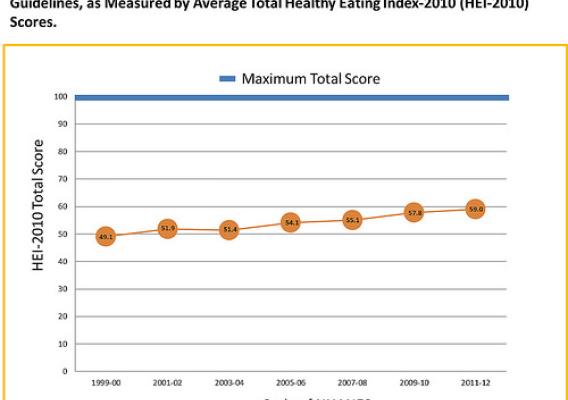March is National Nutrition Month. Throughout the month, USDA will be highlighting results of our efforts to improve access to safe, healthy food for all Americans and supporting the health of our next generation.
FoodShare Columbia is a program designed to help alleviate the stress families face when they live in “food deserts.” The program, in cooperation with the University of South Carolina and other partners, assembles produce food boxes to distribute to low-income individuals. It just got started in April 2015 and has already distributed more than 3,000 food boxes in a community with a high rate of diabetes-related health conditions. More than half of these food boxes have been purchased by SNAP recipients using their SNAP EBT cards. The program is proving highly successful and is revolutionizing the way the community addresses food insecurity.
By Carrie Draper, MSW, Director of Policy and Partnership Development, University of South Carolina Center for Research in Nutrition and Health Disparities & Beverly Wilson, MPH, Director of FoodShare Columbia, University of South Carolina School of Medicine
One week, a woman brought $20 worth of coins; another week, a man traveled on two bus lines with an empty suitcase. They came to get a box of quality fruits and vegetables from a city parks and recreation community center in Columbia, S.C.

